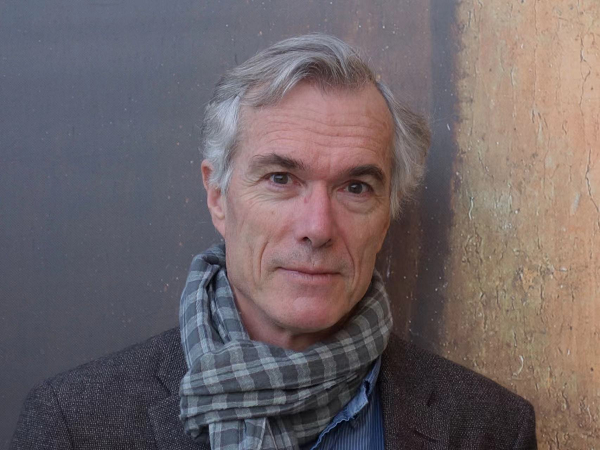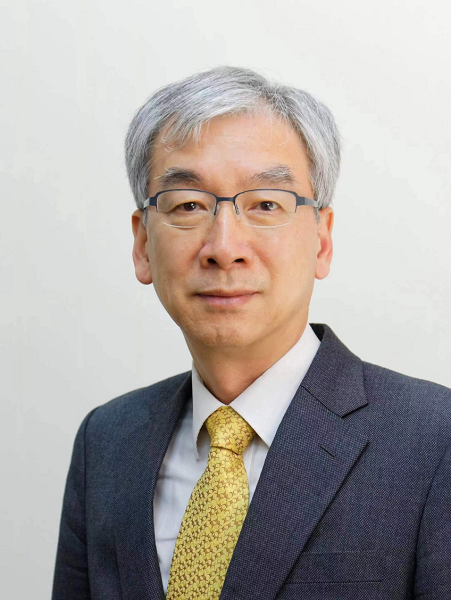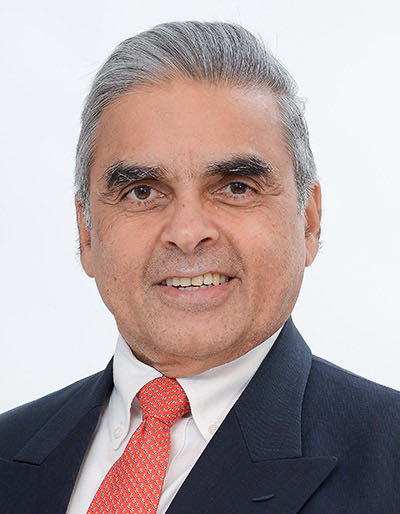Three Scholars Win China Studies Contribution Award 2023
Three scholars won the China Studies Contribution Award 2023 at the World Conference on China Studies · Shanghai Forum held on Nov. 24. They are Professor Timothy Brook, Professor Youngseo Baik and Professor Kishore Mahbubani.
The Laureates of the 2023 Awardsfor Distinguished Contributions to China Studies
Professor Timothy Brook

Tim Brook is a Canadian historian whose writings situate China in the world and bring the perspective of the world to our understanding of China. Among his more popular books are The Confusions of Pleasure (California 1998), Vermeer’s Hat (Bloomsbury 2008), Mr. Selden’s Map of China (Profile 2013), and Great State: China and the World (HarperCollins 2020). Princeton University Press will publish The Price of Collapse: The Little Ice Age and the Fall of Ming China this fall. Brook has served as editor-in-chief of Harvard University Press’s six-volume history of imperial China—for which he wrote The Troubled Empire (2010)—the Chinese translation of which became a bestseller in China. He has been a Guggenheim Fellow, a Getty Fellow, a member of the Institute for Advanced Study at Princeton, and a visiting professor at Villa I Tatti in Florence, and been awarded two honorary doctorates. Recently retired from a career of teaching at the universities of Toronto, Stanford, Oxford, and British Columbia, he now devotes his working time to writing, music, and hiking. His two current projects address Confucian statecraft thought in the 15th century and the library of the 17th-century English legal scholar John Selden.
Professor Youngseo Baik

Youngseo Baik was born in 1953 and received his Ph.D from Seoul National University in 1993. He has been a professor of history at Hallim University since 1986 and at Yonsei University since 1994. He is currently a professor emeritus at Yonsei University and a visiting professor at Hunan Normal University.
He has served as the president of the Korean Association for Contemporary Chinese Studies and the Korean Association for Studies of Modern Chinese History. He also was the co-editor of the Korean critical quarterly Creation and Criticism, and currently he is the chairperson of the Segyo Institute. Baik is the author of the following major books: Students and Revolution in China in the 1920s (Seoul, 1994); Returning of East Asia (Seoul, 2000); East Asia as Intellectual Thought (Beijing, 2011); Rethinking East Asia in Core Locations (Seoul, 2014); The Way to Social Humanities (Seoul, 2014); The Way to Co-existence and Core Locations (Tokyo, 2016); East Asia from the Horizontal Viewpoint (Taipei, 2016); Making China Contemporary (Seoul, 2021); The Genealogy and Prospect of East Asia Discourse (Seoul, 2022). He has written and published numerous articles in Korean, Chinese, Japanese and English. Since his retirement, Baik has been giving lectures in East Asian countries, including Hunan Normal University and Huadong Normal University in China, and focusing on analyzing the global issue of China’s rise from an East Asian perspective. He is particularly interested in reinterpreting Chinese history in the light of the resources of Korean thought and historical experience.
Professor Kishore Mahbubani

A veteran diplomat and a distinguished academic, Kishore Mahbubani is a globally recognised intellectual. He is a prolific writer and speaker who was listed as one of the top 100 public intellectuals by Foreign Policy and Prospect magazines in 2005; included in the Financial Times list of Top 50 individuals who would shape the debate on the future of capitalism in 2009; selected as one of Foreign Policy’s Top Global Thinkers in 2010 and 2011; and selected by Prospect magazine as one of the top world thinkers in 2014. As a diplomat with the Singapore Foreign Service from 1971 to 2004, Mahbubani took on many challenging assignments. For example, he served in Cambodia in 1973 and 1974 during the war when the city of Phnom Penh was shelled, and shrapnel penetrated the walls of his house. He was also posted to Malaysia and Washington, D.C., and served two stints as Singapore’s Ambassador to the United Nations (UN) from 1984 to 1989, and 1998 to 2004. He was President of the UN Security Council in January 2001 and May 2002. In Singapore, he was Permanent Secretary of the Ministry for Foreign Affairs from 1994 to 1998. In recognition of his excellent performance, he was conferred the Public Administration Medal (Gold) by the Singapore government in 1998. Mahbubani joined academia in 2004 as the founding Dean of the Lee Kuan Yew School of Public Policy at NUS. The school gained a strong reputation as Asia’s leading public policy school during his 13-year tenure. Within five years under his leadership, the school was admitted to the Global Public Policy Network, an elite group comprising the top public policy schools from around the world. Since 2019, he has been a Distinguished Fellow at NUS’s Asia Research Institute where he launched the Asian Peace Programme and a MOOC (Massive Open Online Course) on US-China relations. He was also inducted into the American Academy of Arts and Sciences in 2019. He has also published articles in globally renowned newspapers and magazines, such as the New York Times, Newsweek, Time, Financial Times, Foreign Affairs, and Foreign Policy, and co-authored articles with other global thought leaders. To date, he has authored and co-authored several books on global geo-politics and governance such as Beyond the Age of Innocence, The New Asian Hemisphere, The ASEAN Miracle, and Has China Won. His 2013 publication, The Great Convergence, was selected by the Financial Times as one of the best books of the year. His latest book, The Asian 21st Century, an open access book, has been downloaded over 3.3 million times since its release in 2021. Mahbubani has received significant plaudits internationally and has been repeatedly named in lists of top thinkers along with former US President Barack Obama, the late Chairman of the Federal Reserve Paul Volcker. His sterling accomplishments are well summed up in the citation for the Foreign Policy Association Medal he received, which referred to him as “a gifted diplomat, a student of history and philosophy, a provocative writer and an intuitive thinker”.